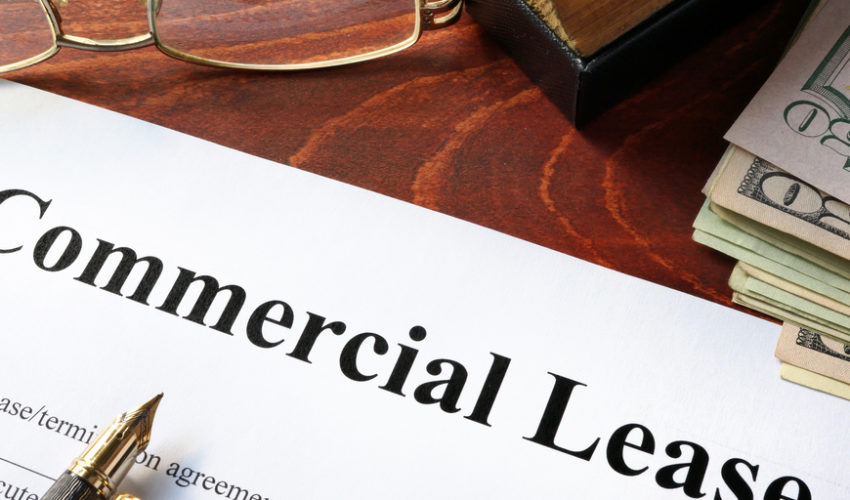Commercial property is governed by the terms of a commercial lease which is normally quite different from a residential lease. When it comes to the rights and obligations of both the landlord and tenant, in general, the law is less forgiving if a commercial tenant has breached the terms of the lease as compared to a residential tenant where making people homeless is something the courts seemingly try and avoid at all costs. Following a lease forfeiture, there may be goods left behind that belong to the tenant. In this article, can a commercial landlord keep my belongings, we look at the circumstances under which this may occur.
Free Initial Telephone Discussion
For a free initial discussion on how we can help you deal with a commercial landlord if he or she is keeping or threatening to keep your belongings, get in touch with us today. We will review your situation and discuss the options open to you in a clear and approachable manner. Early expert legal assistance can help you avoid making mistakes, saving you money and also avoiding the stress of dealing with these issues on your own. Simply call us on 0345 901 0445 or complete our online enquiry form and a member of the team will get back to you.
Can a tenant be evicted before the end of the lease?
The process of evicting commercial tenants early is known as ‘forfeiture’ of the lease. This can only happen if the lease contains a forfeiture clause. As a tenant, it is important you understand the rules governing eviction as it can have a profound effect upon your business.
How does a landlord go about forfeiture?
The most common breach of a commercial lease is non-payment of rent. However, it is also common to find lease terms that allow for forfeiture for other reasons. These can include using the property for illegal purposes, any form of insolvency, abandonment by the tenant, or any other breaches of the lease.
There are two fundamental methods of the landlord exercising forfeiture; by court order or by what is known as “peaceable re-entry”. This is where the landlord can ultimately change the locks.
When the lease has been forfeited by peaceable re-entry, the tenant’s fixtures revert to the landlord and the tenant has no right to remove them.
However, it is a different matter when it comes to goods left behind in the premises. The tenant remains the legal owner, so the landlord could be sued by the tenant if he or she sells or disposes of their possessions.
Can the Landlord keep my belongings?
The landlord cannot simply dispose of or keep your belongings as they are covered by the Torts (Interference with Goods) Act 1977.
The act makes the landlord what is known as an “involuntary bailee”. A bailee is an individual who temporarily gains possession, but not ownership, of a good or other property under a bailment. The landlord becomes responsible for the goods in the building until they are returned to the rightful owner.
If another person, such as the landlord or their bailiff or agent, sells or disposes of those goods without going through the correct procedure then the tenant can sue them for conversion, trespass or negligence.
You should carefully check your lease as it might contain clauses setting out what the landlord can do under certain circumstances.
How we can help
We have a proven track record of dealing with and advising upon commercial landlord and tenant disputes. We will guide you through the process and ensure all checks are carried out swiftly and efficiently and we firmly believe that with the right solicitors by your side, the entire process will seem more manageable and far less daunting.
How to Contact our Property Litigation Solicitors
It is important for you to be well informed about the issues and obstacles you are facing. However, expert legal support is crucial in terms of ensuring you do not lose your belongings and also ensuring you achieve a positive outcome with any dispute with your landlord.
To speak to our Property litigation solicitors today, simply call us on 0345 901 0445, or allow a member of the team to get back to you by filling in our online enquiry form. We are well known across the country and can assist wherever you are based. We also have offices based in Cheshire and London.
Disclaimer: This article provides general information only and does not constitute legal advice on any individual circumstances.




Leave a Reply
You must be logged in to post a comment.